Plumbing Maintenance for Commercial Properties: Tips and Best Practices
Essential plumbing maintenance tips for commercial properties, ensuring comfort and business prosperity. Avoid costly repairs and disruptions with our guide.
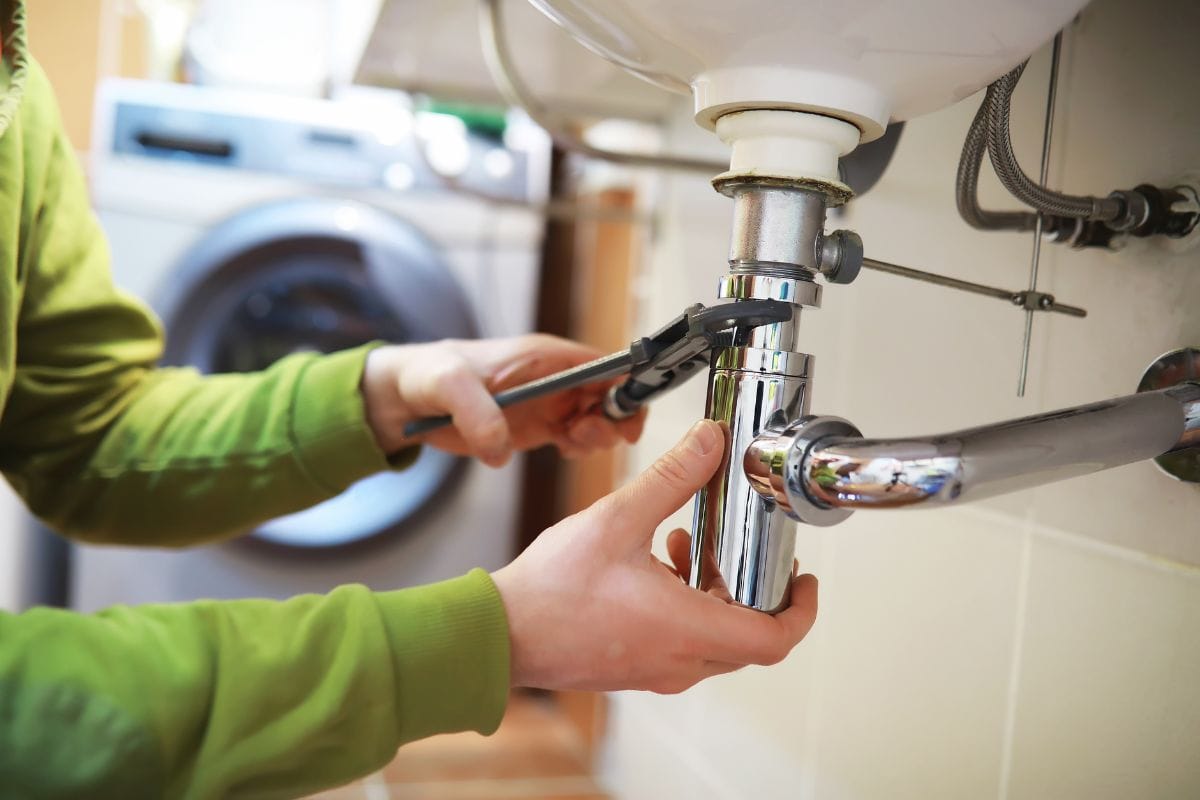
Any commercial property must have effective plumbing maintenance in order to function properly. For the comfort of tenants and the prosperity of your company, a well-maintained plumbing system is crucial, whether you own or manage an office building, retail space, restaurant, or any other type of commercial establishment. Ignoring plumbing maintenance can result in expensive repairs, harm to your property, and interruptions to your business. We'll go over important plumbing maintenance advice and best practices in this extensive guide to help you maintain the plumbing in your business property in optimal condition.
The Value of Upkeep for Plumbing
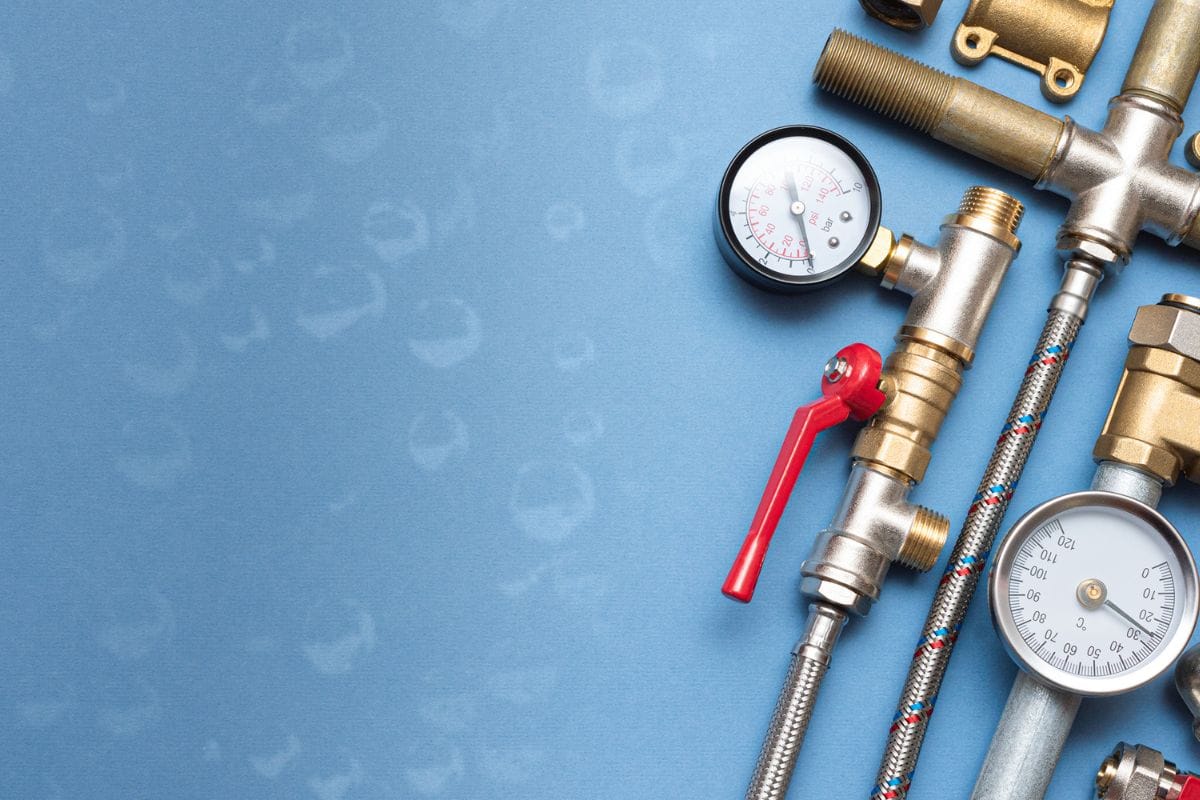
It's important to comprehend why plumbing maintenance is so crucial for commercial properties before diving into specific maintenance tips:
- Avoid Expensive Repairs: Prevent costly repairs by keeping your plumbing system in good working order by doing routine maintenance. Over time, you can save a substantial amount of money by taking this proactive approach.
- Reduce Downtime: Plumbing issues can cause interruptions to your company's operations, which could result in lost revenue. Unexpected malfunctions are less likely when maintenance is scheduled.
- Extend Lifespan: By keeping your plumbing system and its parts in good condition, you can avoid having to replace them too soon.
- Ensure Safety and Hygiene: By keeping your plumbing system in compliance with health and safety codes, regular maintenance helps to keep customers and occupants safe and healthy.
- Water Conservation: Well-designed plumbing systems conserve water, lower utility bills, and support environmental initiatives.
Let's now examine crucial plumbing maintenance advice and recommended procedures for commercial buildings:
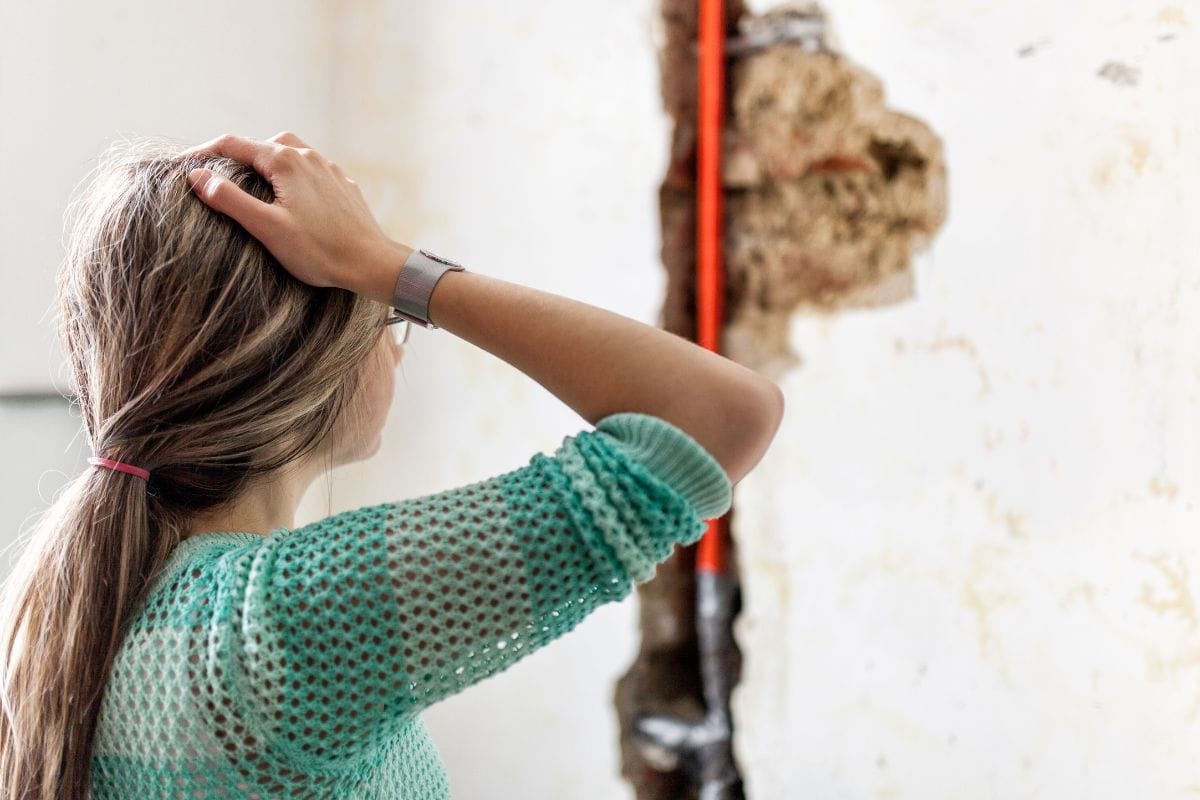
1. Establish a Routine for Inspections
Effective maintenance is based on routine plumbing inspections. During inspections, take into account the following features of your plumbing system:
- Pipes: Check for corrosion, leaks, and damage indicators.
- Fixtures: Inspect showers, sinks, toilets, and faucets for leaks and appropriate operation.
- Drains: Verify that the drains are unobstructed and freely flowing.
- Water Heaters: Inspect water heaters for indications of deterioration.
- Backflow Prevention: Ensure that the devices installed to prevent backflow are operational.
- Sump Pumps: Particularly in homes that are vulnerable to flooding, test sump pumps to make sure they are functioning properly.
2. Fixture Preventive Maintenance
Plumbing fixtures in commercial properties may experience increased strain due to the high volume of users in these spaces. Do preventative maintenance on fixtures like sinks, faucets, and toilets:
- Look for Leaks: To stop water waste and damage, fix any leaks right away.
- Clean Aerators: To preserve water pressure and lessen mineral accumulation, regularly clean and replace the aerators on faucets.
- Toilet Maintenance: Make sure the toilets flush correctly and fix any running toilets right away.
3. Upkeep of Sewer and Drain Systems
Sewer backups and clogged drains can cause significant disruptions. Use these strategies to avoid these problems:
- Regular Drain Cleaning: To avoid blockages, schedule routine drain cleaning on a regular basis.
- Tree Roots: Keep an eye out for invasive tree roots that could harm sewer lines if there are any trees on your property.
- Grease Traps: To avoid blockages, grease traps should be kept in good working order in restaurants and commercial kitchens.
4. Upkeep of Water Heaters
Energy efficiency and a steady supply of hot water depend on water heaters being properly maintained:
- Flush Tanks: To keep the heating efficiency of the tank, periodically flush the sediment out of it.
- Look for Leaks: Examine the area surrounding the water heater for any indications of leaks.
- Temperature Setting: Set the temperature of the water heater to a level that is both energy-efficient and safe.
5. Prevention of Backflow
Devices that prevent backflow are crucial to preserving the purity of your potable water supply. Plan on testing and maintaining these devices on a regular basis to make sure they work properly and adhere to local laws.
6. Grease Catchers
Grease interceptors should be routinely cleaned and maintained if your business has a kitchen in order to avoid grease buildup and plumbing line obstructions.
7. Emergency Turnoff Techniques
Instruct employees or residents on how to turn off the water supply in an emergency. In the event of a plumbing emergency, prompt action can stop additional damage.
8. Give Pipes Insulation
During the winter, insulated pipes in regions that frequently experience below-freezing temperatures help shield pipes from freezing and possible bursts.
9. Upkeep of Drains
To prevent water buildup around the property, make sure that the outdoor drainage systems are free of debris and operating properly.
10. Testing for Water Quality
Make sure the water satisfies safety and health requirements by testing it on a regular basis. Deal with any problems with the quality of the water right away.
11. Make Use of Expert Services
Even though many maintenance jobs can be completed internally, regular use of professional plumbing services such as True Plumbing is imperative. Professional plumbers are equipped with the knowledge and resources necessary to carry out exhaustive examinations, spot hidden problems, and offer workable fixes.
12. Maintain Records of Documentation
Keep thorough records of all plumbing maintenance, repairs, and inspections. Maintaining compliance with regulations and tracking the history of your plumbing system can both benefit greatly from this documentation.
In Summary
One of the most important aspects of managing a commercial property is plumbing maintenance. You can protect your plumbing system's dependability and longevity while lowering the possibility of expensive interruptions by putting these pointers and best practices into practice.
Keep in mind that investing in preventive maintenance will increase your commercial property's efficiency, safety, and comfort. Get in touch with a respectable plumber with experience working on commercial buildings for more details and professional plumbing maintenance services, view the True Plumbing’s website today.

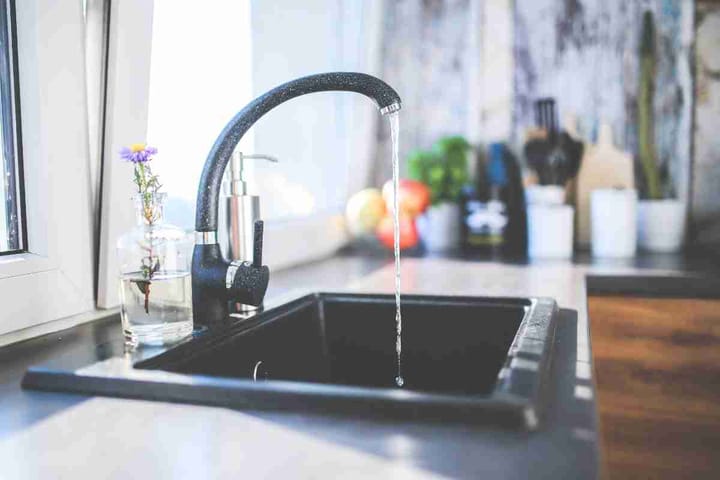
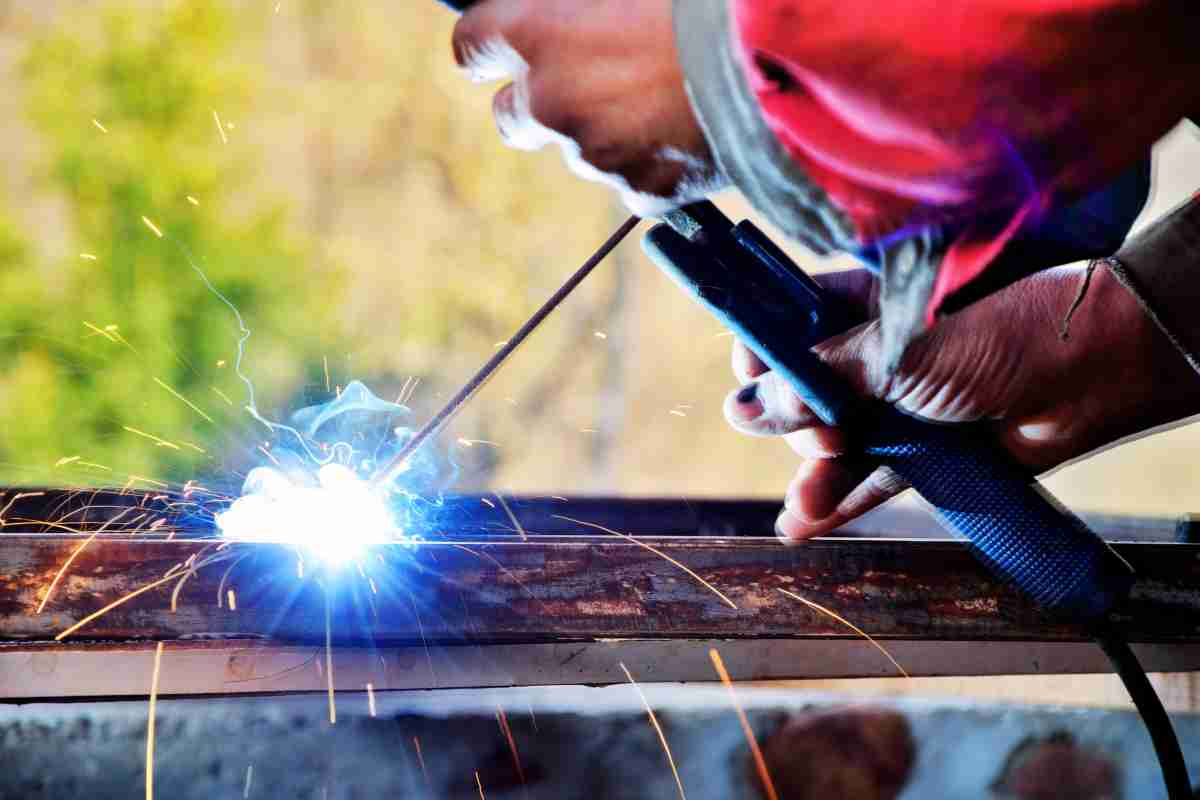
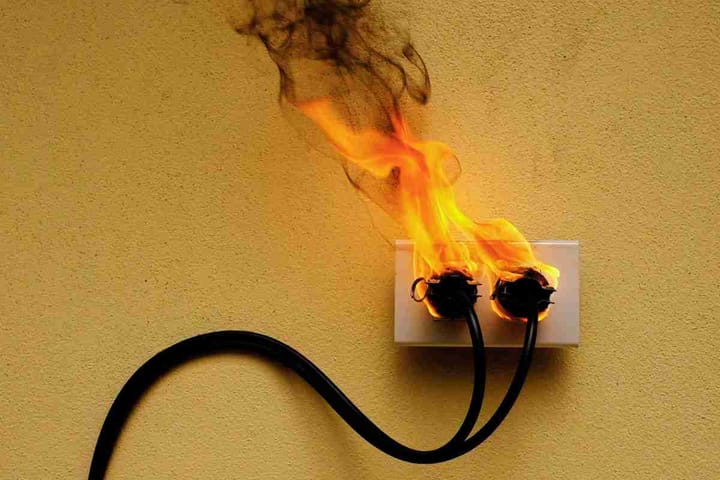
Comments ()